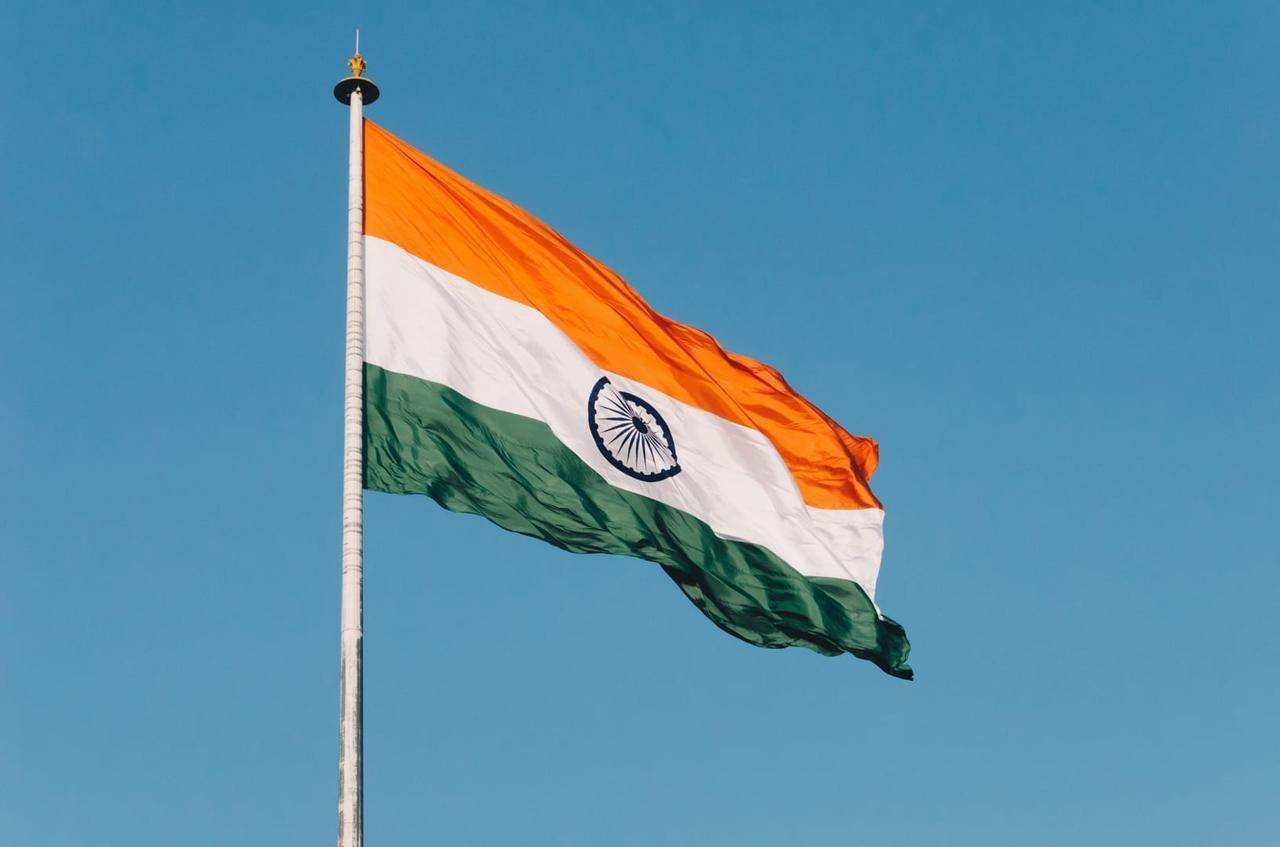MUMBAI, India – Bishops in India’s most Christian state have declared a “zero tolerance” policy for the sexual abuse of children.
The Kerala Catholic Bishops’ Council issued safe environment guidelines this week, sending them to every Catholic institution in the state.
Kerala has 6.1 million Christians – over 18 percent of the population of the southern state – and 60 percent of them are Catholic, divided into Latin, Syro-Malabar, and Syro-Malankara rite jurisdictions.
Kerala’s Catholic Church is highly influential throughout India, since many priests and religious in other parts of the country come from the state.
“Sexual exploitation and sexual abuse of children and vulnerable adults are heinous crimes and grave sins,” the guidelines say, adding the bishops wish to create “a safe environment program in the Catholic faith communities in Kerala.”
The guidelines also said the bishops were committed to zero tolerance in cases of sexual assault or harassment of minors or vulnerable adults; to addressing the issue of prevention; to ecclesiastically punishing offenders; to reporting the abuse of minors to the civil authorities in conformity with the law; to respond to victims with care and compassion; and to implement the necessary infrastructure to deal with cases of sexual abuse.
The guidelines said Church personnel were to create a safe environment for young people, specifically mentioning:
— refraining from viewing and exhibiting any sexually explicit or morally inappropriate material in the presence of minors and vulnerable adults,
— not indulging in or encouraging sexually offensive humor and conversation in the presence of minors and vulnerable adults,
— not engaging in physical, mental, psychological, verbal, or written harassment of staff, volunteers, or parishioners, nor tolerating the same,
— maintaining “clear boundaries” in relationships with minors and vulnerable adults.
The definition of harassment included physical or mental abuse; unwelcome sexual advances or touching, sexual comments or sexual jokes; and requesting sexual favors as a condition of employment; promotion; or any other benefit.
The bishops warned against “excessive familiarity” between adults and minors; adults relating to minors “as if they are peers and friends”; and giving undo attention to a particular minor or group of minors. They also urged Church personnel to exercise a “high degree of caution” when it comes to physical contact with minors, saying it should be “strictly limited” and “entirely non-sexual and incapable of being misconstrued by the minor or others.”
The guidelines also state that no minor should live in the residence of a priest, unless the child’s parents or guardians are also present, nor should they be alone in a clerical residence with a priest.
The document also forbids corporal punishment, advises against overnight trips with minors, and forbids the photographing of young people naked or getting dressed or undressed.
The bishops also have a section on what assistance should be given victims.
— great care should be given to protecting the reputation of the victim,
— the victim is to be given counseling at the Church’s expense,
— a delegate of the bishop or religious superior should be assigned to keep in contact with the victim and the victim’s family.
The guidelines also tell Church officials to fully cooperate with a civil or criminal investigation by the state authorities.
The bishops of Kerala published the sex abuse guidelines in the middle of a scandal involving a Kerala-born bishop accused of raping a nun.
A nun belonging to the Syro-Malabar Church accused Bishop Franco Mulakkal of Jalandhar in India’s Punjab state of sexually assaulting her several times at her order’s convent in Kerala. Mulakkal is currently out on bail as the investigation continues.
However, Church authorities say the timing of the release of the guidelines has nothing to do with the Mulakkal case.
“We had already started the work on this before it happened. The guidelines have been sent to respective bishops and dioceses. All the priests are well aware of it,” Father Jolly Vadakken told India Matters.
“The pope has addressed this issue several times. This is part of the reformation policy of the Church,” the priest said.
The presidents of the world’s national episcopal conferences will be in Rome Feb. 21-24 for a Vatican clerical sexual abuse summit.
The president of the Catholic Bishops’ Conference of India, Mumbai Cardinal Oswald Gracias, is a member of the four-person organizing committee.















